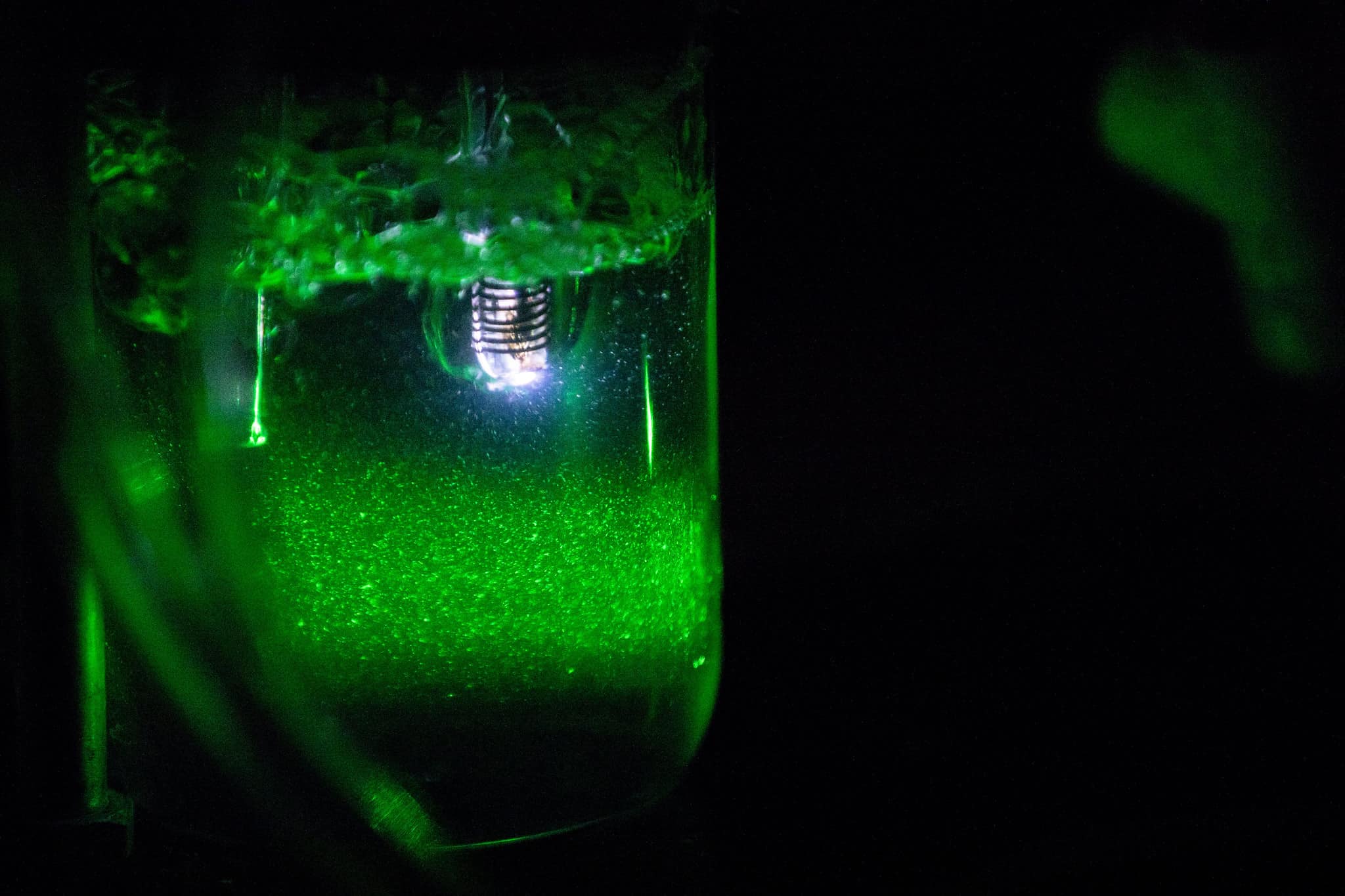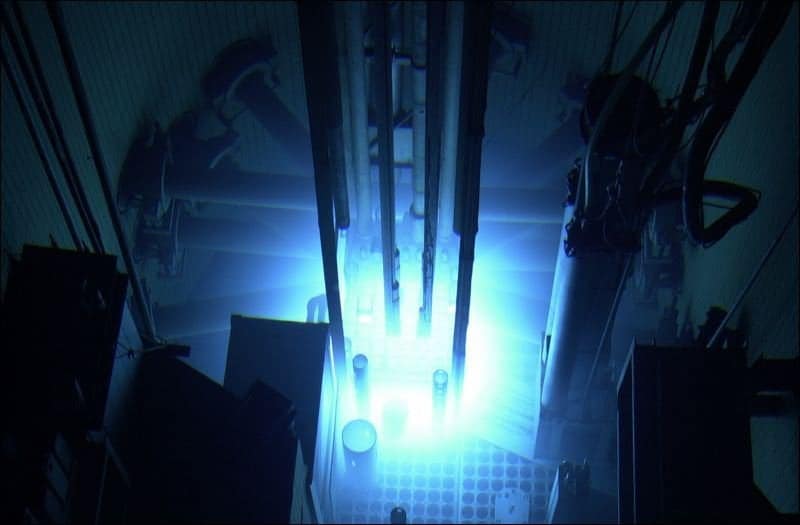
About the Field
Nuclear Engineering and Radiological Sciences go well beyond nuclear power.
What can you study at NERS? Here are just a few of the fields are graduates go into:
Energy
Sustainable Energy
Unlike hydrocarbon wastes, which can last indefinitely, nuclear wastes spontaneously convert themselves into non-radioactive forms. Within a few hundred years of their creation, nuclear wastes are less radioactive than the original uranium ore. Although the location of a long-term nuclear waste storage facility is still hotly debated, the technological solutions for containing the radiation are ready for implementation.
Nuclear-electric power stations account for 20% of the electricity generated in the US, and over 10% of the electricity produced worldwide. Unlike other clean energy sources, it has the capacity to satisfy the world’s demand for electricity now.
Fission
The roughly 100 nuclear reactors in the US supply about 20% of the nation’s electricity, with four more planned for construction. The older reactors all began construction before 1974, and many are already operating beyond their original 40-year licenses. Nuclear engineers are developing strategies to run these reactors safely for another 20 to 40 years.
Nuclear engineers also develop plans for new reactors, making them more efficient, designing better safety features and finding ways to consume old fuel. Plans for long-term storage of radioactive waste are estimated to keep used fuel isolated for 10,000 years. Students who build expertise in the fission, materials and radiation measurements disciplines are poised for careers in fission energy.
Fusion
While nuclear fission, or splitting the atom, could power the human race for millenia, researchers would rather develop nuclear fusion. Fusion could run on water stripping by hydrogen atoms from the oxygen and fusing them to make helium. Unfortunately, producing adequate heat and pressure so that the reaction can sustain itself, as occurs in the sun, is challenging.
Over the last half-century, researchers have made steady progress with donut-shaped tokamak reactors. The latest in this line, the International Tokamak Experimental Reactor (ITER), located in southern France, is anticipated to be the first reactor that generates more energy than it consumes. Students who study hot plasma are well suited to contribute to the development of nuclear fusion.
Medicine
Nuclear techniques for medical imaging allow doctors to accurately diagnose and assess ailments such as cancer, heart disease, Alzheimer’s and epilepsy without breaking the skin. Nuclear treatments, such as using radioactive drugs to kill tumors, have proven to be powerful weapons in the fight against cancer. Nuclear engineers may go on to work in radiology, radiation therapy or the production of radioactive isotopes for medicines.
Plasma, a state of matter in which electrons are separated from their atoms, has recently shown promise as a disinfectant for wounds that accelerates healing. Students who can understand and produce cold plasmas may have a future in medicine.
Security
Nuclear engineers develop methods and technologies for catching nuclear terrorists and preventing nuclear materials from falling into the wrong hands. Advanced radiation detectors help keep track of nuclear materials. Deployed in airports, seaports and at border crossings, detectors could identify radioactive materials that might be intended for making weapons.
Radiation imagers can identify radioactive materials and pinpoint their locations. This young technology could be used to track down nuclear threats or radioactive contamination.
Nuclear forensics searches for details of composition that could give away the origins of confiscated nuclear weapons materials or even reveal where the materials came from after an explosion. Studies in fission and radiation measurements equip students to work in nuclear security.
Environment
Radiation detectors are also used to monitor the environment. The radiation may be naturally occurring, such as radon gas or rock formations, or it could be from a damaged nuclear power plant. Nuclear engineers also develop ways to protect people from radiation and reduce it in the environment. Students who focus on radiation measurements and fission will be well-suited to environmental applications of nuclear engineering.
Cold plasma may be able to break down microbes and industrial chemicals in water. Graduates who understand this area may also have a future in environmental remediation and technologies for clean water.
Space Power
Generators and heaters that run on the native energy of radioactive materials are presently used to power small spacecraft while small nuclear reactors are under study for powering and propelling spacecraft on longer voyages, such as a manned mission to Mars. Plasma thrusters are thought to be the most efficient propulsion system. Fission and plasmas are both ways into solving energy problems for space travel.
Careers in Nuclear
Nuclear Works is a resource created by the Nuclear Energy Institute to help students identify opportunities that align with their skills and interests.

What is Nuclear?
NERS and MIT alum Nick Touran explains how nuclear reactors can provide clean, sustainable energy—and current challenges in the nuclear power industry.
